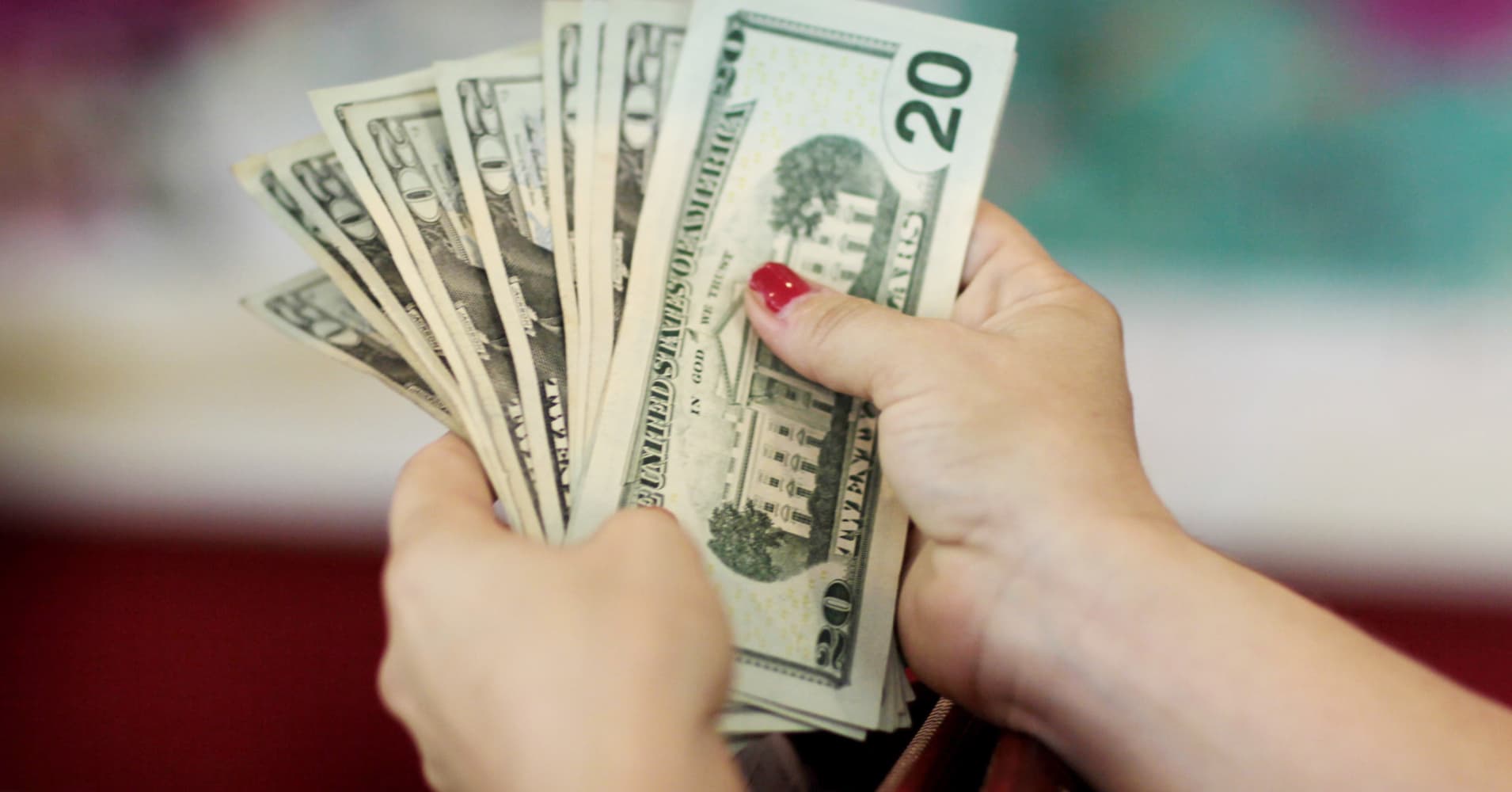U.S. personal income fell for the first time in more than three years in January as dividends and interest payments dropped, pointing to moderate growth in consumer spending after it fell by the most since 2009 in December.
The Commerce Department said on Friday personal income slipped 0.1 percent in January. That was the first decline since November 2015 and followed a 1.0 percent jump in December.
Income was weighed down by decreases in dividend, farm proprietors' and interest income. Wages increased 0.3 percent in January after rising 0.5 percent in December.
Economists polled by Reuters had forecast incomes rising 0.3 percent in January. The Commerce Department did not publish the January consumer spending portion of the report as the collection and processing of data was delayed by a 35-day partial shutdown of the government that ended on Jan. 25.
It reported that consumer spending, which accounts for more than two-thirds of U.S. economic activity, dropped 0.5 percent in December. That was the biggest decline since September 2009 and followed a 0.6 percent increase in November.
Households cut back on purchases of motor vehicles and recreational goods in December, leading to a 1.9 percent plunge in spending on goods. Outlays on services edged up 0.1 percent, held back by a decline in spending on household electricity and gas.
When adjusted for inflation, consumer spending fell 0.6 percent in December, also the largest drop since September 2009, after rising 0.5 percent in November.
The data was included in the fourth-quarter gross domestic product report published on Thursday, which showed consumer spending growing at a 2.8 percent annualized rate during that period, slower than the third quarter's robust 3.5 percent pace. The economy grew at a 2.6 percent rate in the October-December quarter after notching a 3.4 percent pace in the third quarter.
The sharp deceleration in consumer spending in December puts consumption on a lower growth trajectory in the first quarter and bolsters analysts' expectations that the economy will slow down further in the first three months of the year.
Inflation remained benign in December. The personal consumption expenditures (PCE) price index excluding the volatile food and energy components rose 0.2 percent after a similar gain in November.
That left the year-on-year increase in the so-called core PCE price index at 1.9 percent. The core PCE index is the Federal Reserve's preferred inflation measure. It hit the U.S. central bank's 2 percent inflation target in March for the first time since April 2012.
Moderate inflation and slowing domestic and global economic growth support the Fed's "patient" stance towards raising interest rates further this year.



